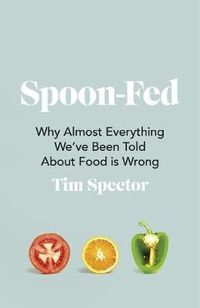Each week we bring you a sample of the books we’re reading, the films we’re watching, the television shows we’re hooked on, or the music we’re loving.
Bronte Coates is reading Samanta Schweblin
Earlier this year I listened to the audiobook of Samanta Schweblin’s 2017 Booker Prize shortlisted novel, Fever Dream, and I was completely blown away. The story is structured as a conversation between Amanda, a young mother who is dying in a rural hospital, and David, a boy who is not her child and may not even be there. It always feels hyperbolic to make grand statements about books but this short, heartstopping, dread-soaked novel made a huge impact on me, and immediately shot into my mental list of ‘best books I’ve ever read’.
After finishing Fever Dream, I read my way through Schweblin’s two other works available in English: last year’s eerie story collection, Mouthful of Birds, and her novel, Little Eyes, which chillingly explores the digital age. Schweblin’s fiction is consistently unsettling, gripping and guaranteed to get under your skin. Highly recommended.
Mark Rubbo is reading Trio by William Boyd
I’m reading and enjoying Trio, the new book by William Boyd. Set in the swinging London of the 1960s, this novel follows three interconnected characters brought together by a film project – and each of whom has a secret life. How they deal with these secrets will determine their ultimate fate. Boyd has long been one of my favourite authors. He is a masterful storyteller and here, his characterisation, descriptions of time and place and plot continue to be pitch perfect.
Tye Cattanach is reading Spoon-Fed by Tim Spector
“Food is the best medicine, but also the most complex.” This is one of the many, many, wise sentences from Tim Spector’s new book, Spoon-Fed.
Not since Michael Pollan’s The Omnivore’s Dilemma has there been a such a – dare I say - easily digestible, no nonsense book about the way we eat and the food myths that have plagued humankind for far longer than we actually thought. Chapter by chapter, Spector explores popular food and dieting myths, revealing the source of the myth itself and then patiently explaining the real science behind this thinking and why it is possibly harmful, ridiculous or, in some cases, downright dangerous – not only for us, but for the planet.
Whether you are obsessed with food and health, have a passing interest in how you might help the planet by making more conscious decisions about the food you consume, or just want the truth about what’s on your plate, Spoon-Fed is a brilliantly insightful and informative book that I believe is a must read, for all of us.





